|
It’s an exciting time for astronomers all over the world. It’s a particularly special time for scientists working with information being supplied by the giant MeerKAT telescope on the southern tip of Africa. Recently the telescope enabled astronomers to produce the clearest image yet of the supermassive black hole at the heart of our own galaxy. Imogen Whittam explains how the telescope is helping unlock the secrets of the skies.
African astronomers took their place on the global stage in other ways over the past 12 months, particularly thanks to initiatives like the Square Kilometre Array. Here are two further articles we featured on some of the developments. David Baratoux writes about a major collaboration between scientists from all over the world on a project being run in Senegal. But it’s not just space research that has us intrigued - as Julia Selman
Ayetey explains, some African countries are also working to develop their economies through space investment, and will need proper space law to do
so.
|
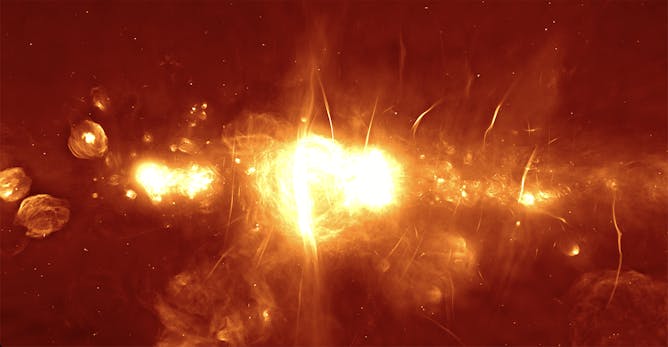
The region around the supermassive black hole at the centre of the Milky Way, imaged with South Africa’s MeerKAT telescope.
South African Radio Astronomy Observatory (SARAO)
Imogen Whittam, University of the Western Cape
A black hole is an object with such a strong gravitational pull that nothing, not even light, can escape from it.
|
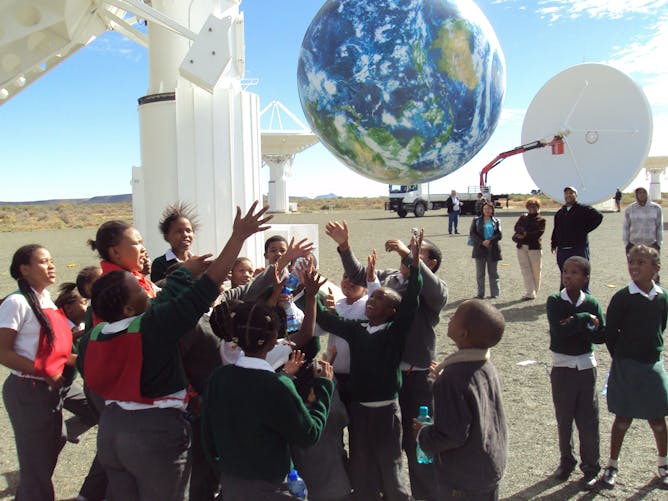
School children at the site of the KAT-7 radio telescope in Carnarvon, South Africa.
Kevin Govender
Vanessa McBride, International Astronomical Union's Office of Astronomy for Development
Astronomy is accessible to anyone with a view of the sky.
|
Big moments in 2018
|
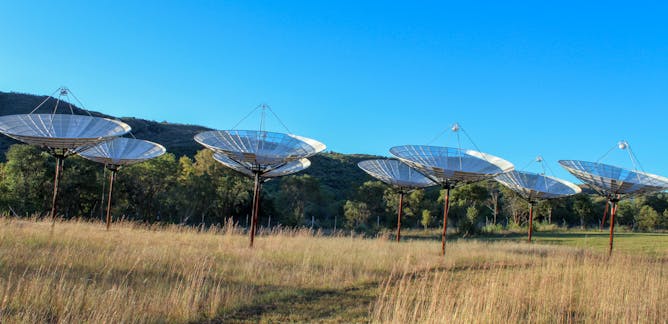
Kavilan Moodley, University of KwaZulu-Natal
By sharing a location with the SKA, HIRAX will be able to conduct science in “radio-clear” skies across its wide frequency range.
| |
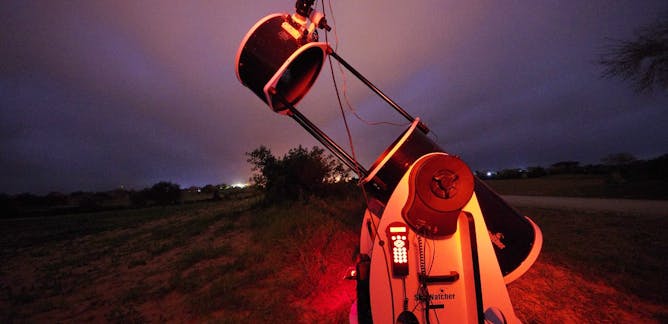
David Baratoux, Institut de recherche pour le développement (IRD)
Senegal has made great strides in astronomy and planetary sciences in recent years.
|

Julia Selman Ayetey, McGill University
If Ghana is to fully harness the benefits of space technology, it will need space legislation and regulations.
| |
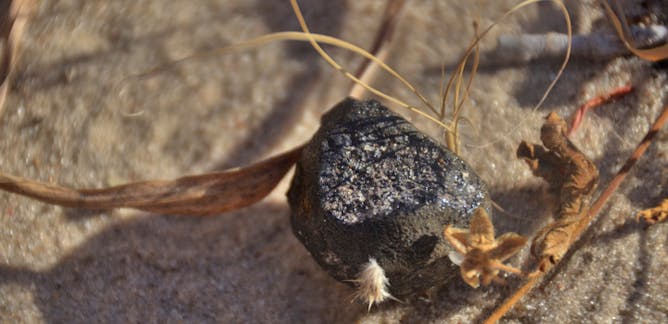
Alexander Proyer, Botswana International University of Science and Technology ; Fulvio Franchi, Botswana International University of Science and Technology
Each meteorite is a piece of the puzzle to understanding our solar system.
|
|
|
From our international editions
|
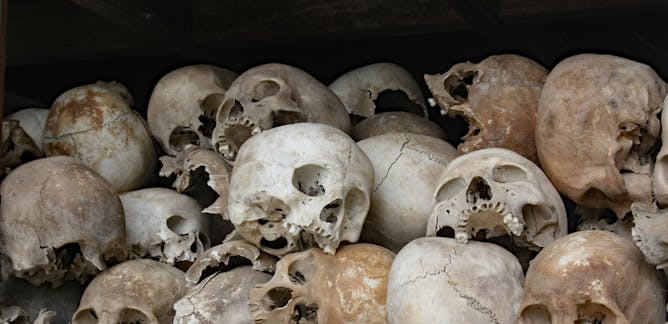
Rachael Burns, University of York
For Nobel laureate and Holocaust survivor, Elie Wiesel, 'never again' was 'a prayer, a promise, a vow'. Unfortunately, this vow is all too often broken.
| |

Brian Harman, De Montfort University; Janine Bosak, Dublin City University
Most people consider themselves canny shoppers – but we're all human.
|
|
|